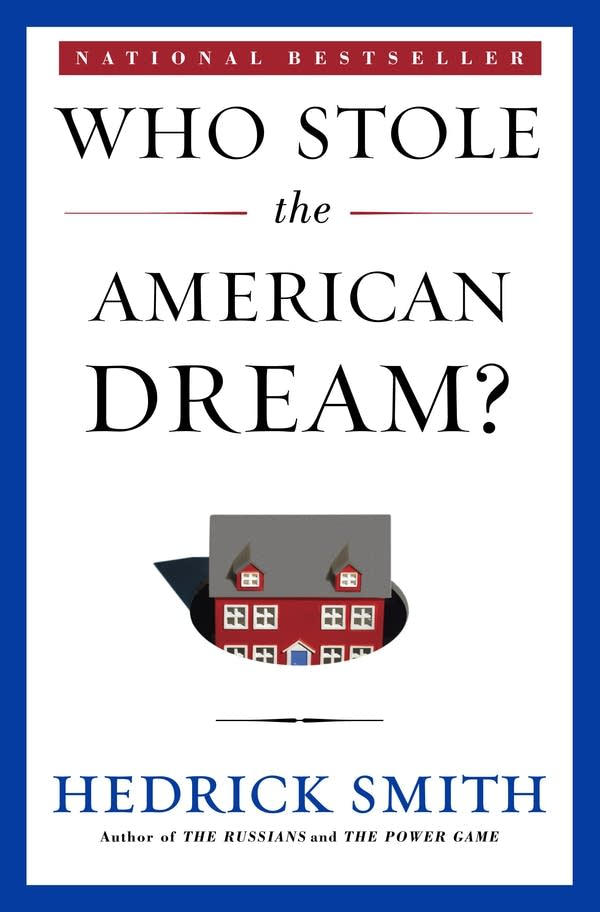Veteran journalist jabs at income gap

After Henry Ford introduced the Model T automobile, he made "the startling announcement that he would pay his workers the unheard-of wage of $5 a day," wrote Hedrick Smith in a New York Times op-ed. "Not only was it a matter of social justice, Ford wrote, but paying high wages was also smart business."
Smith continued:
This is not to suggest that Ford single-handedly created the American middle class. But he was one of the first business leaders to articulate what economists call "the virtuous circle of growth": well-paid workers generating consumer demand that in turn promotes business expansion and hiring. Other executives bought his logic, and just as important, strong unions fought for rising pay and good benefits in contracts like the 1950 "Treaty of Detroit" between General Motors and the United Auto Workers. ... The chief executives of the long postwar boom believed that business success and workers' well-being ran in tandem.
Create a More Connected Minnesota
MPR News is your trusted resource for the news you need. With your support, MPR News brings accessible, courageous journalism and authentic conversation to everyone - free of paywalls and barriers. Your gift makes a difference.
Those were the days, Smith suggests. It's a theme he continues in his recent book, "Who Stole the American Dream?"
The Pulitzer Prize winner and veteran journalist describes in vivid detail a modern paradox: Corporations are doing well, even making record profits, but the benefits from that success are not reaching the middle class.
From a summary by Dave Beal of Minnpost:
It's Smith's take on how and why the country's once-ascendant middle class has been slammed by a witches' brew: losses of millions of good manufacturing jobs, stagnant wages, soaring costs of a college education, the replacement of good pensions with less helpful 401(k) benefits, falling home ownership, political dysfunction and a litany other woes. All the while, the fortunes of the large corporations and wealthy individuals at the top of the economic pyramid kept on growing.
The theme is one Smith will explore during events in the Twin Cities this week: at 5.p.m. Wednesday at the University of St. Thomas University and 7 p.m. Thursday at Plymouth Congregational Church.
He joins The Daily Circuit to discuss his ideas and take questions.